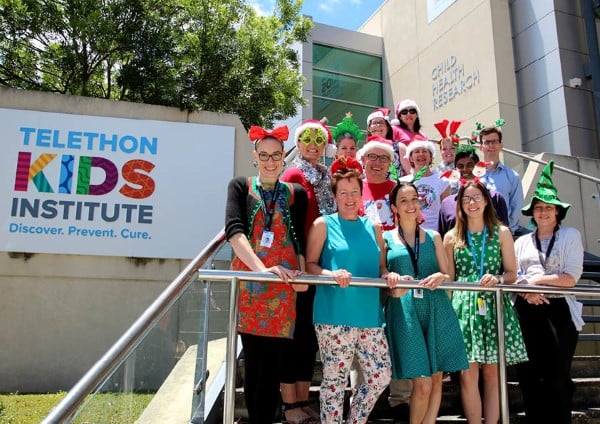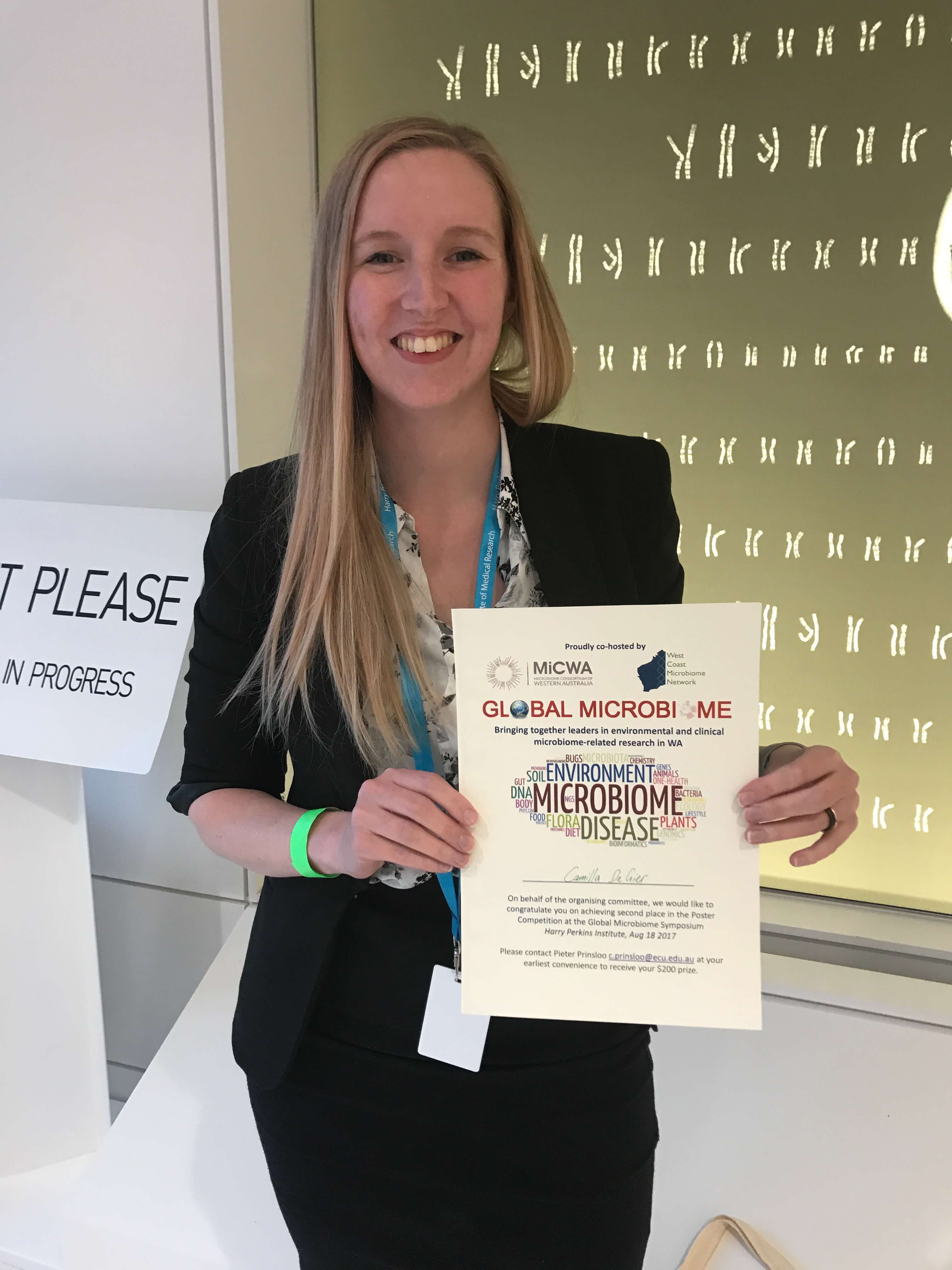The Vaccine Trials Group based within the Wesfarmers Centre of Vaccines and Infectious Diseases at The Kids Research Institute Australia has had a busy year in 2017.
On behalf of the Vaccine Trials Group (VTG), I would like to acknowledge our research collaborators, supporters and families who have helped us to have another successful year. We are grateful for the commitment and understanding of everyone who takes part in our research; your involvement allows us to make a difference in our community and reduce the burden of infectious diseases.

Research highlights this year have included: increased vaccine safety surveillance activities, expanding our research in maternal immunisation, studies of meningococcal vaccines and the ongoing studies to prevent and treat RSV infections – a major cause of babies being admitted to hospital for bronchiolitis.
We have continued to develop and extend the monitoring of vaccine safety though the national AusVaxSafety network. This program monitors recently introduced vaccines, including whooping cough booster in toddlers, shingles vaccine in the elderly and the influenza vaccines covering four strains. Using the Smartvax system, developed in WA, the program was able to confirm the safety of the 2017 flu vaccines in more than 70,000 people this year alone, including 2,000 pregnant mums and over 6,000 young children.
The substantial increase in cases of meningococcal infections – more than double compared to recent years – predominantly due to the emerging W strain has highlighted the importance of evaluating the MenACWY vaccine across the different age groups they are now being used in.
Understanding the causes of pneumonia in WA children admitted to hospital has emphasised the need to develop new vaccines against both the Respiratory Syncytial Virus (RSV) virus and influenza. While a safe and effective influenza vaccine is already available and funded for young children in WA, uptake is currently low. The decision by Queensland and Victoria to also provide free influenza vaccines for young children next year has been supported by our ongoing work showing the safety and effectiveness of this vaccine in children under five years. There is still much more work to do in understanding how vaccines work and we are hopeful that the new technology developed for precision medicine will allow us to further our understanding in this area. Our aim is to improve the effectiveness and duration of protection of current vaccines, as well as develop new vaccines to reduce the burden of infectious diseases for all age groups and at-risk populations in WA and globally.
The VTG also continues to run a number of studies involving pertussis (whooping cough) and takes part in a variety of collaboration projects for clostridium difficile, febrile seizures and pneumonia.
We’d like to congratulate Dr Lea-Ann Kirkham who received a prestigious national award - the 2017 Clinical Microbiology Award  from the Australian Society for Microbiology at the annual meeting in Tasmania. One of our PhD students - Camilla de Gier won a $200 poster prize at the West Coast Global Microbiome symposium. Congratulations, Camilla.
from the Australian Society for Microbiology at the annual meeting in Tasmania. One of our PhD students - Camilla de Gier won a $200 poster prize at the West Coast Global Microbiome symposium. Congratulations, Camilla.
We are extremely grateful for the support from the community for our research. We are lucky to receive support from the Allegra Scafidas Foundation, the Perth Children’s Hospital Foundation, Light for Riley Immunisation Foundation, Wesfarmers Centre for Vaccines and Infectious Diseases (WCVID), National Health and Medicine Research Council, Telethon Perth Children’s Hospital Fund, WA Health Department and the Bill & Melinda Gates Foundation.
Thank you to our staff here at VTG, The Kids Research Institute Australia, WCVID, colleagues at Princess Margaret Hospital, UWA Division of Paediatrics, the Health Department, PathWest, and the families and children who are helping us to improve the health of our community. We wish you all a Merry Christmas and a healthy and prosperous New Year and we look forward to working together again next year.
Head of the Vaccines Trials Group
